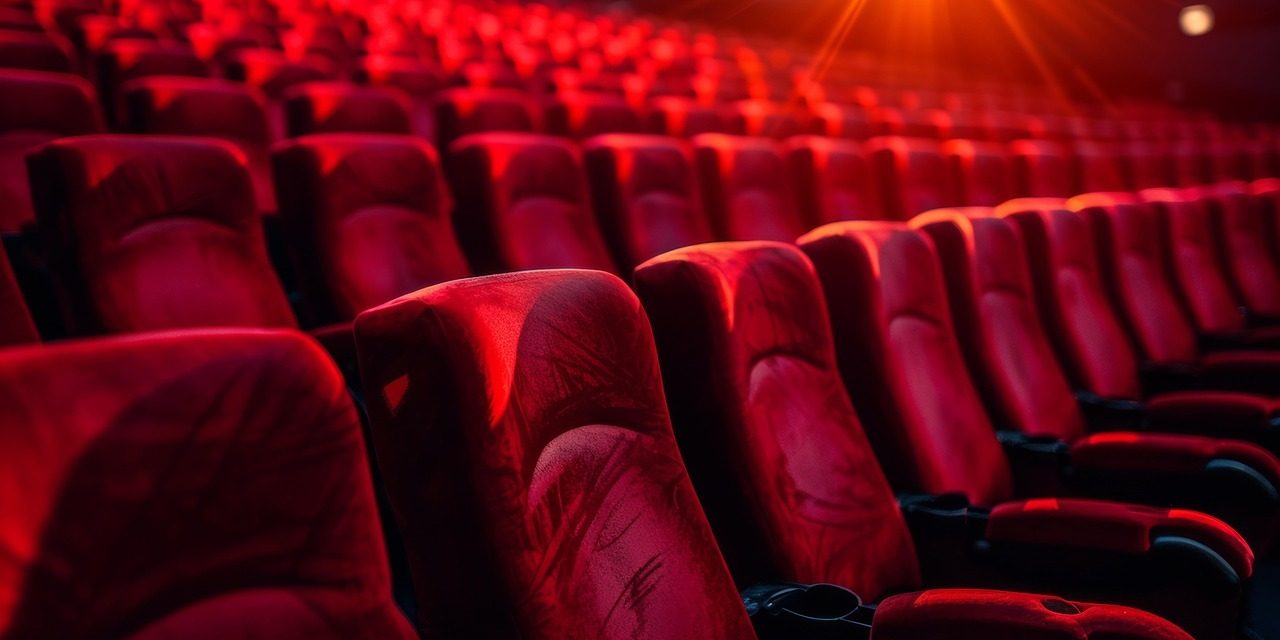Do we go to the cinema for spectacle or story?
The very word ‘cinema’ carries a magnetic pull. It’s not just about salty popcorn or fizzy raspberry tangos, it’s about anticipation, thrill, and escape. We flock to cinemas in herds, whipping out a jaw-dropping £14.99 for a movie that promises to be bigger, better, and louder than anything we could watch at home. Yet, in this obsession with spectacle, we risk losing sight of what makes films truly memorable: the story within.
In this way, the human mind morphs popularity into a proxy for quality. By following the hype, we let spectacle dictate what is worth our time
Big, hyped films stir audiences intensely, while the smaller, quieter movies (often just as brilliant) struggle to even get an ounce of attention. The reason is very simple – human nature. The complicated and needy beings we are don’t just crave movies, we crave validation. We want to feel a part of the cultural moment, to see what everyone else is seeing. In this way, the human mind morphs popularity into a proxy for quality. By following the hype, we let spectacle dictate what is worth our time. Hollywood is additionally worsening our greed, feeding us cinematic fast food, which seems instantly satisfying, but is all the same quickly forgotten. Meanwhile, films that take time to truly simmer and unfold are often overlooked.
This isn’t to say watching blockbuster hits makes anyone a lesser viewer. But with a little conscious effort, we can expand our too-narrow tastes and discover films that nourish more than our superficial cravings.
For me, this shift happened in September 2025 when I saw the trailer for I Swear, a true story about John Davidson and his life with Tourette syndrome. As soon as the trailer ended, I turned to my friends saying, “We have to see that.” They looked puzzled. “What about Wicked Part II?” one asked, “I would rather go to the new Fantastic Four?” another chimed in. In that moment, I saw the pull of spectacle clearly. The blockbuster trailers, full of hype and energy, drowned out the quieter, “more boring” movie I had wanted to see.
When I finally saw I Swear in the cinema, the contrast was striking. In the neighbouring screenings, queues of about a hundred people had formed for the latest horror sequel, ‘Black Phone 2’. In my screening, a much smaller crowd of six people waited patiently for Davidson’s story to begin. Immediately, the film created a quietly magnificent atmosphere. The lingering silence invited the audience to think. The hidden emotion in the protagonists’ eyes made us feel. The tension and violence woven intricately into the storyline compelled us to think. These subtle, but not accidental, cinematic choices found within more introvert movies like I Swear prove exactly what cinema is made for: to feel. A distinctly powerful human state that gives purpose, depth, and resonance to everything and anything.
By choosing to watch different kinds of stories on the big screen, we rightfully and powerfully reclaim the act of watching as an experience, not a duty
Despite the admittedly heavy philosophical statement I just made, the lesson of this article is delightfully simple. Cinema is more than just a joy ride and a tub of popcorn. By choosing to watch different kinds of stories on the big screen, we rightfully and powerfully reclaim the act of watching as an experience, not a duty. Next time you hand over that £14.99 for a ticket, don’t automatically follow the crowd. Just like I did, choose the film that scares YOU, moves YOU, surprises YOU, or interests YOU. In doing so, you are letting the big screen work its magic, something we need now more than ever. In our age of distraction and endless scrolling, cinemas prove that some experiences demand more than a screen, they demand attention.

Comments